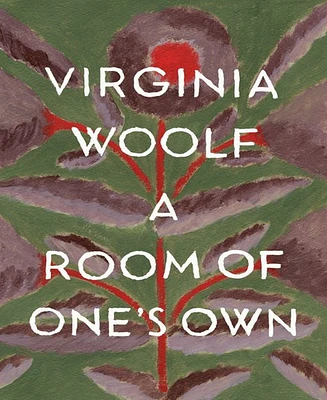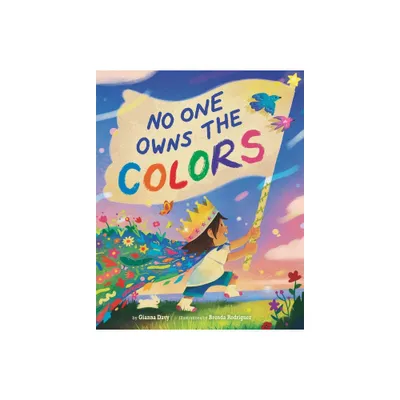Home
Devouring One's Own Tail: Autopoiesis in Perspective
Loading Inventory...
Barnes and Noble
Devouring One's Own Tail: Autopoiesis in Perspective
Current price: $40.00


Barnes and Noble
Devouring One's Own Tail: Autopoiesis in Perspective
Current price: $40.00
Loading Inventory...
Size: OS
*Product Information may vary - to confirm product availability, pricing, and additional information please contact Barnes and Noble
D
rawing on continental philosophy,
Devouring One’s Own Tail
examines culture and society as a type of ouroboros.
Inspired by Niklas Luhmann’s theories on social systems, this book examines the concept of autopoiesis, or self-creation, as it relates to society and culture. Approaching the concept from a variety of fieldsphilosophy, philology, aesthetics, linguistics, archaeology, and religious and media studiesthe contributors present the products of humanity as self-referential, self-sustaining, and self-creating systems. Through four sections, the book addresses the philosophical concept of autopoiesis and its relations to creativity, destruction, and self-organization; autopoiesis in literature and art history; autopoiesis in religion; and autopoiesis in historiography, cognitive linguistics, and social media. Whether exploring Hegel’s theory of knowledge or the viral spread of conspiracy theories on the internet, the authors concentrate on the ouroboros-like nature of their subjects in the ways they feed off of themselves.
rawing on continental philosophy,
Devouring One’s Own Tail
examines culture and society as a type of ouroboros.
Inspired by Niklas Luhmann’s theories on social systems, this book examines the concept of autopoiesis, or self-creation, as it relates to society and culture. Approaching the concept from a variety of fieldsphilosophy, philology, aesthetics, linguistics, archaeology, and religious and media studiesthe contributors present the products of humanity as self-referential, self-sustaining, and self-creating systems. Through four sections, the book addresses the philosophical concept of autopoiesis and its relations to creativity, destruction, and self-organization; autopoiesis in literature and art history; autopoiesis in religion; and autopoiesis in historiography, cognitive linguistics, and social media. Whether exploring Hegel’s theory of knowledge or the viral spread of conspiracy theories on the internet, the authors concentrate on the ouroboros-like nature of their subjects in the ways they feed off of themselves.








![Women and Fiction [A Room of One's Own]](https://prodimage.images-bn.com/pimages/9781614278214_p0_v2_s600x595.jpg)









